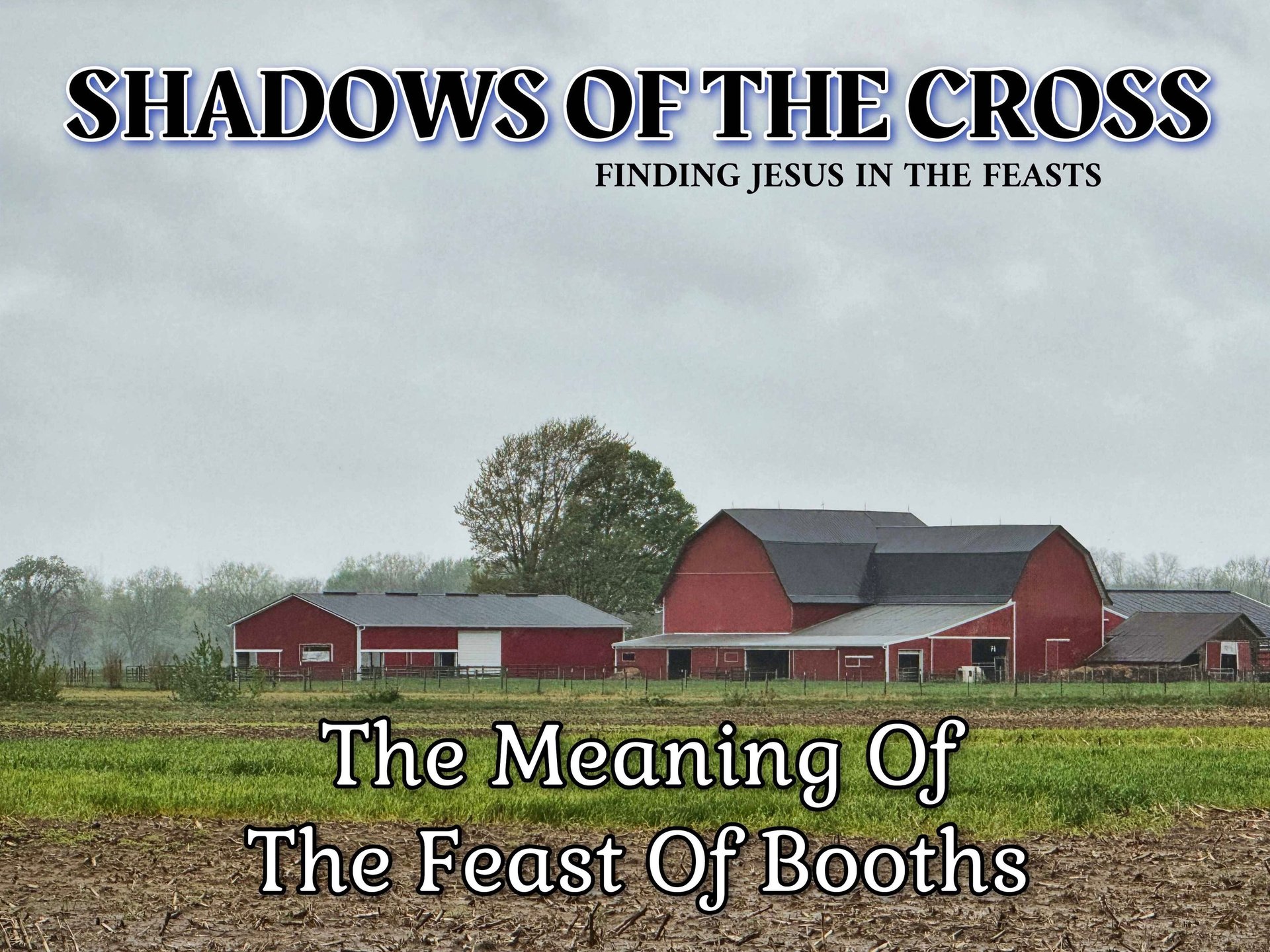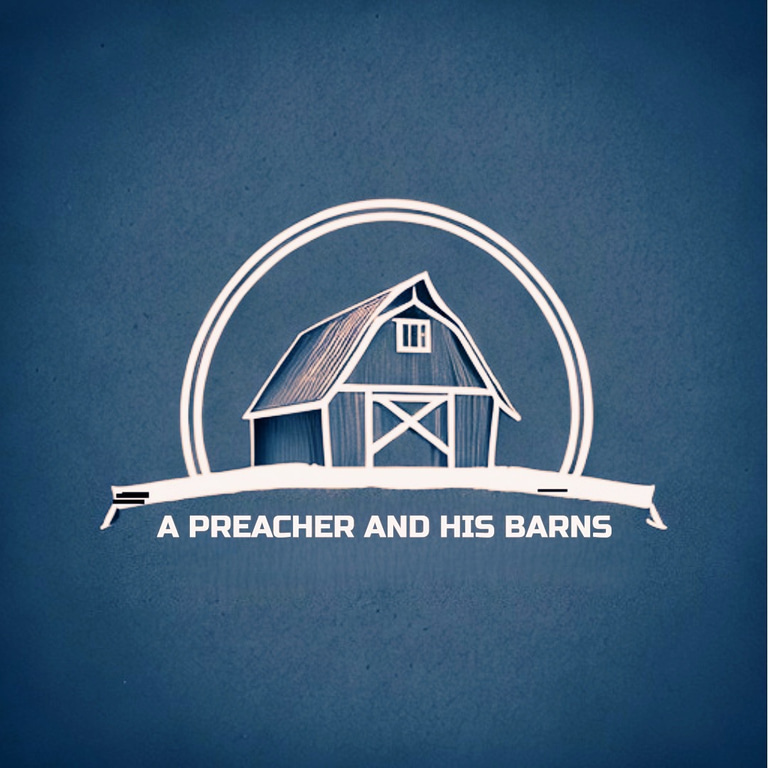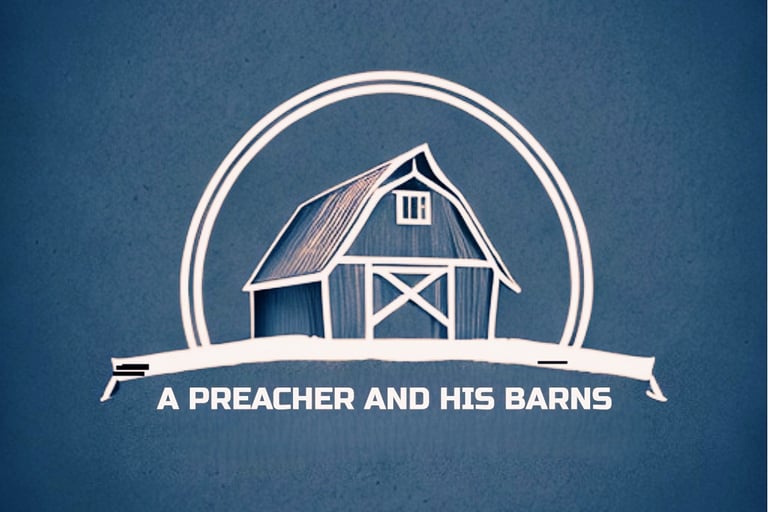The Meaning Of The Feast Of Booths
Sukkot teaches us that joy isn’t tied to circumstances, but to the presence of God in every season.


The Meaning Of The Feast Of Booths
Joy in the Wilderness
Text: “You shall rejoice before the LORD your God for seven days.” — Leviticus 23:40
Most of Israel’s feasts were solemn, but Sukkot was a celebration bursting with joy. It came after the harvest — when the barns were full, the grapes pressed, and the people rested from their labors. But this joy wasn’t just about abundance; it was also about remembrance.
Sukkot teaches us that joy isn’t tied to circumstances, but to the presence of God in every season. Israel rejoiced not because the wilderness was comfortable, but because God was there. He “tabernacled” among them. His glory filled their camp by day and by night. Their song in the desert became a statement of faith: “He is with us!”
In our own deserts — when the job falls through, the future feels uncertain, or the “tent” of our life leaks — we can still celebrate. Why? Because Jesus came to “tabernacle” among us (John 1:14). The same God who dwelt in the cloud and fire now dwells in our hearts.
The Feast Of Booths invites us to look up from our temporary troubles and rejoice in eternal truths. Every wave of laughter around a campfire, every shared meal under the stars, every grateful prayer is a small foretaste of the joy that awaits when we dwell with Him forever.
What about you? How is your joy being sustained? Are you waiting for life to be stable before you rejoice? What would it look like to celebrate God’s faithfulness right where you are — even in the wilderness?
Happiness fades away when the circumstances grow dark. Joy is always with us because its placed there by God Himself. He is Immanuel, “God with us”. He is our joy.
Now may the God of hope fill you with all joy and peace in believing, so that you will abound in hope by the power of the Holy Spirit. —Romans 15:13


